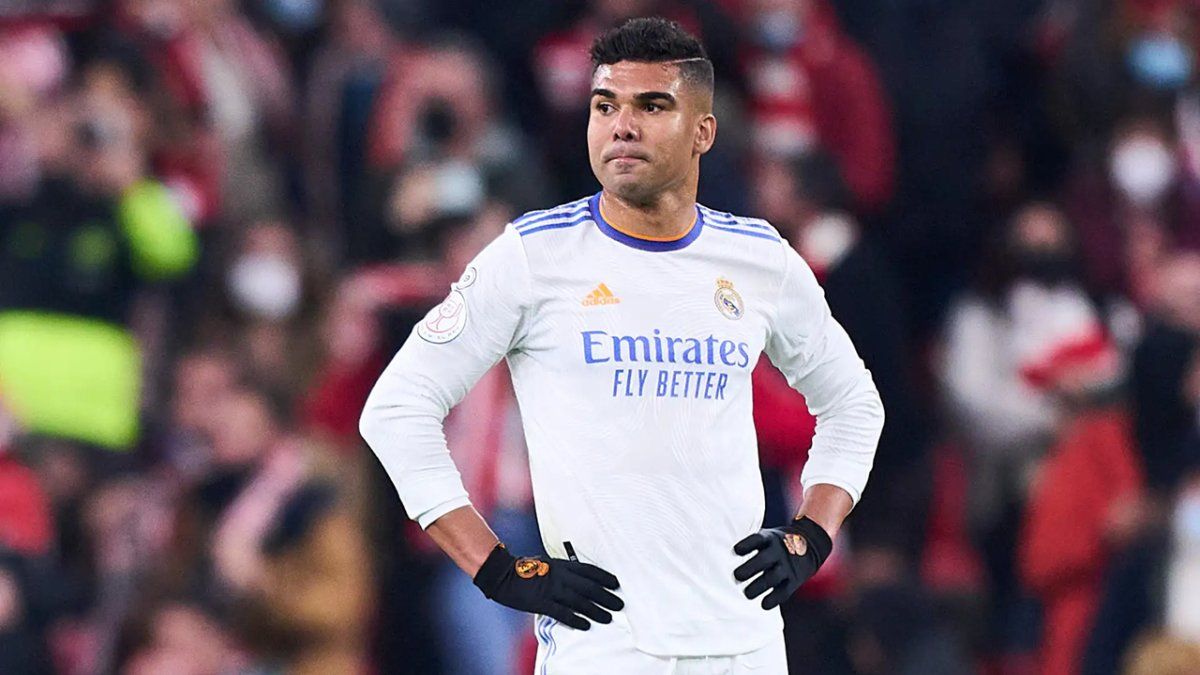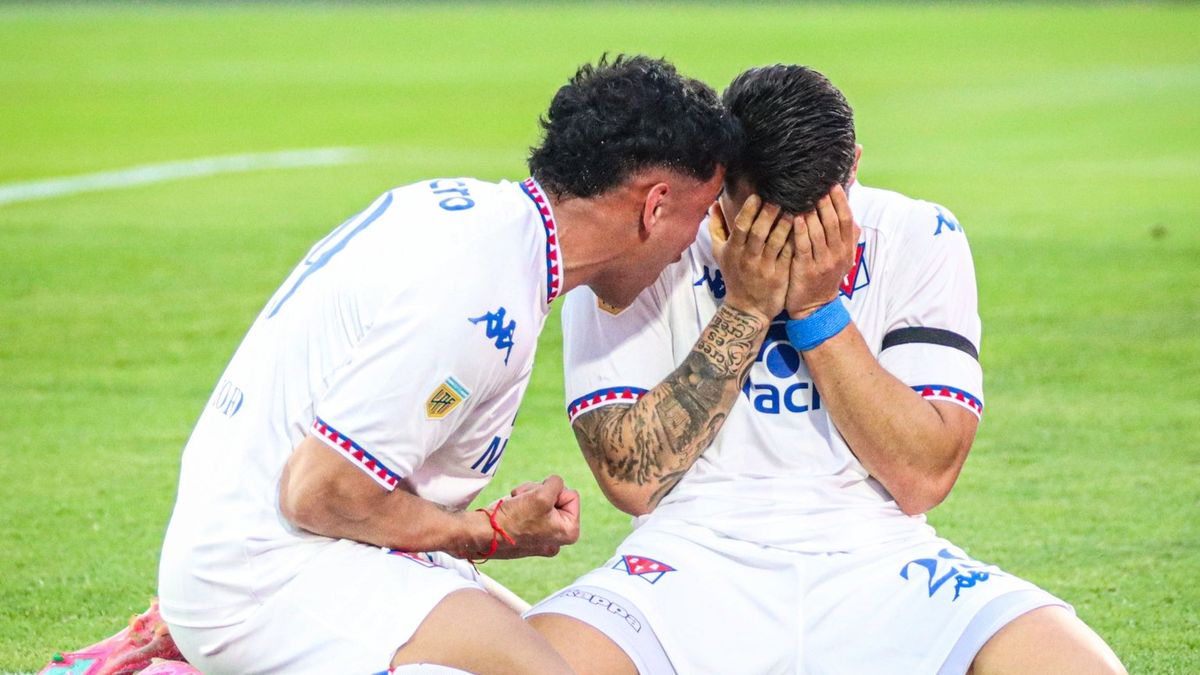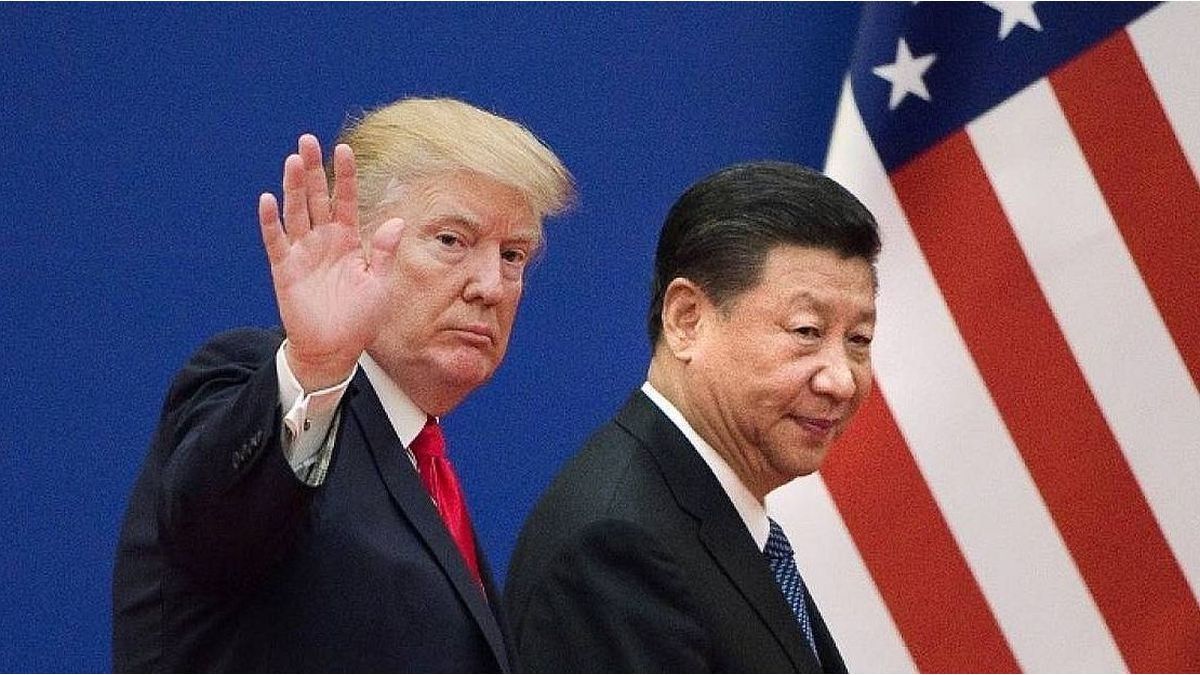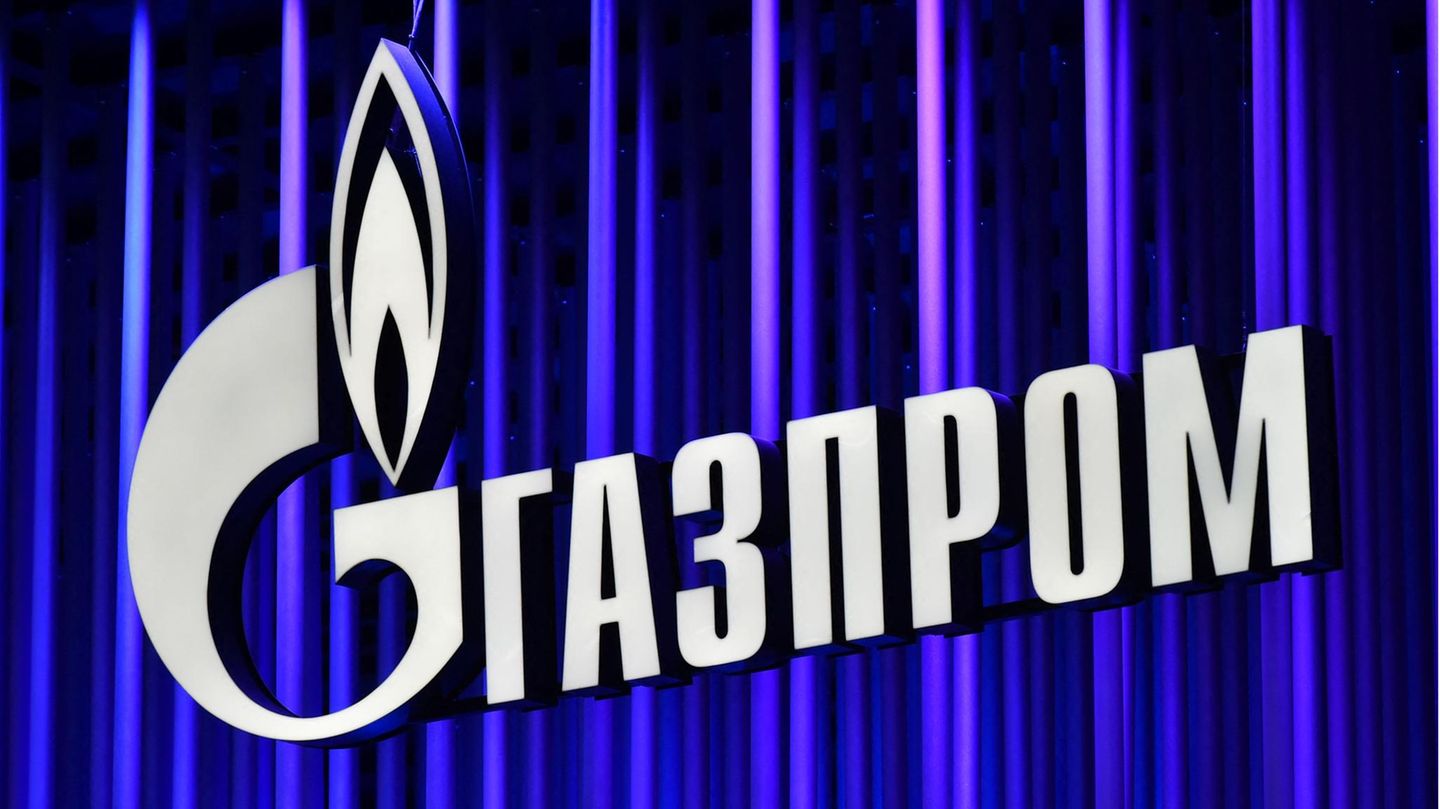David William is a talented author who has made a name for himself in the world of writing. He is a professional author who writes on a wide range of topics, from general interest to opinion news. David is currently working as a writer at 24 hours worlds where he brings his unique perspective and in-depth research to his articles, making them both informative and engaging.
Menu
Ukraine-News: France no longer receives Russian gas via pipelines
Categories
Most Read
Melania Trump announces return of Ukrainian children
October 10, 2025
No Comments
Basic security instead of citizens’ money: That’s how tough the new rules are
October 10, 2025
No Comments
Donald Trump does not receive the Nobel Peace Prize – White House with criticism
October 10, 2025
No Comments
France: Macron starts crisis consultation with party leaders
October 10, 2025
No Comments
Middle East conflict: ceasefire in the Gaza war comes into force
October 10, 2025
No Comments
Latest Posts

The strongest superstition in football: why Casemiro plays with another surname on his shirt
October 10, 2025
No Comments
October 10, 2025 – 20:00 The incredible reasons why the Brazilian central midfielder does not want any correction on his shirt. Getty Images Yes ok

Goal and dedication to heaven: Nacho Russo scored against Newell’s after the death of his father, Miguel Ángel
October 10, 2025
No Comments
October 10, 2025 – 7:40 p.m. Just two days after the death of the historic former player and coach, the Tigre striker honored him in

Donald Trump imposed a new 100% tariff on China and stops software exports
October 10, 2025
No Comments
October 10, 2025 – 18:48 Donald Trump announced an additional 100% tariff on Chinese products and new controls on software exports. The measure came after
24 Hours Worlds is a comprehensive source of instant world current affairs, offering up-to-the-minute coverage of breaking news and events from around the globe. With a team of experienced journalists and experts on hand 24/7.

